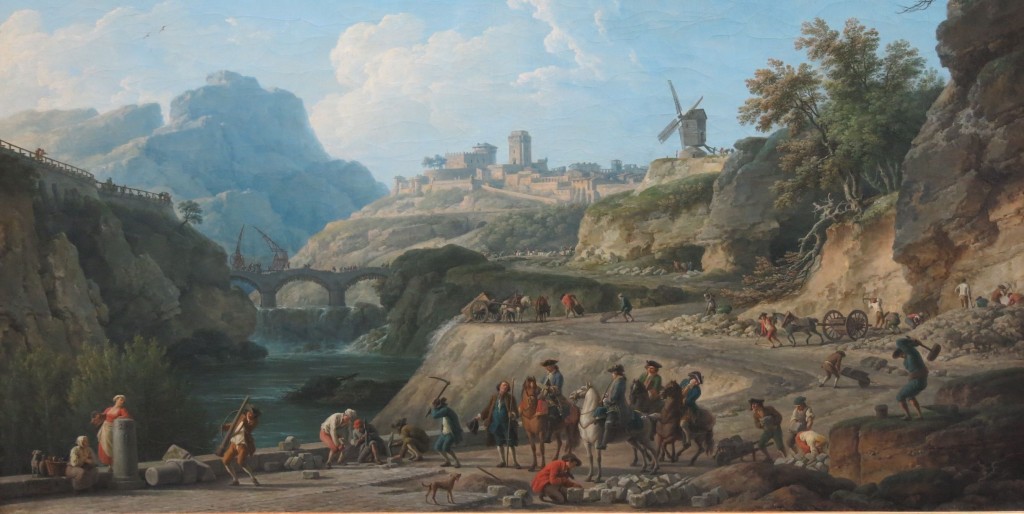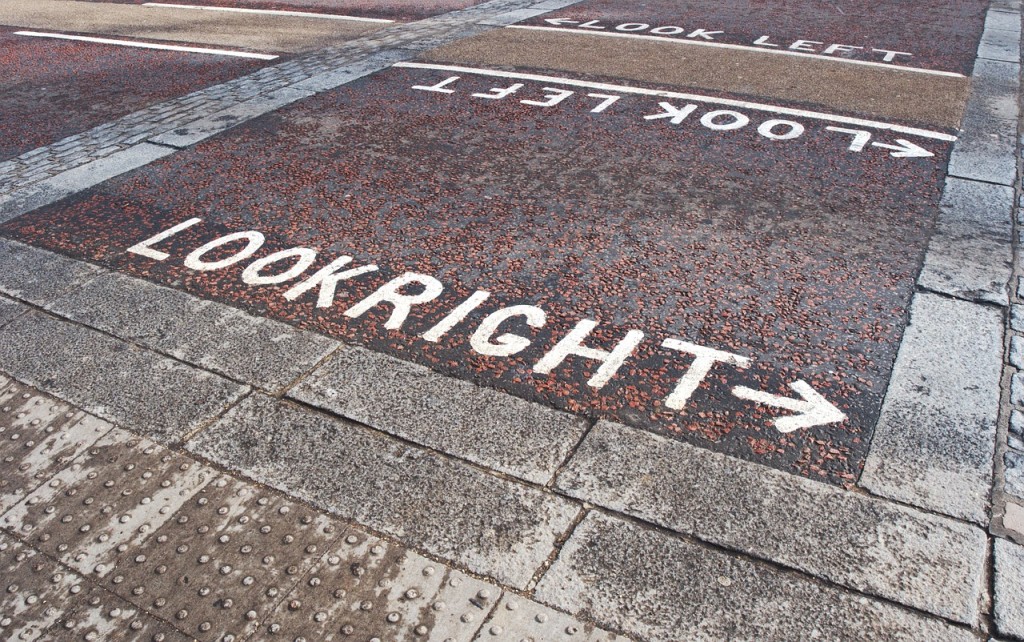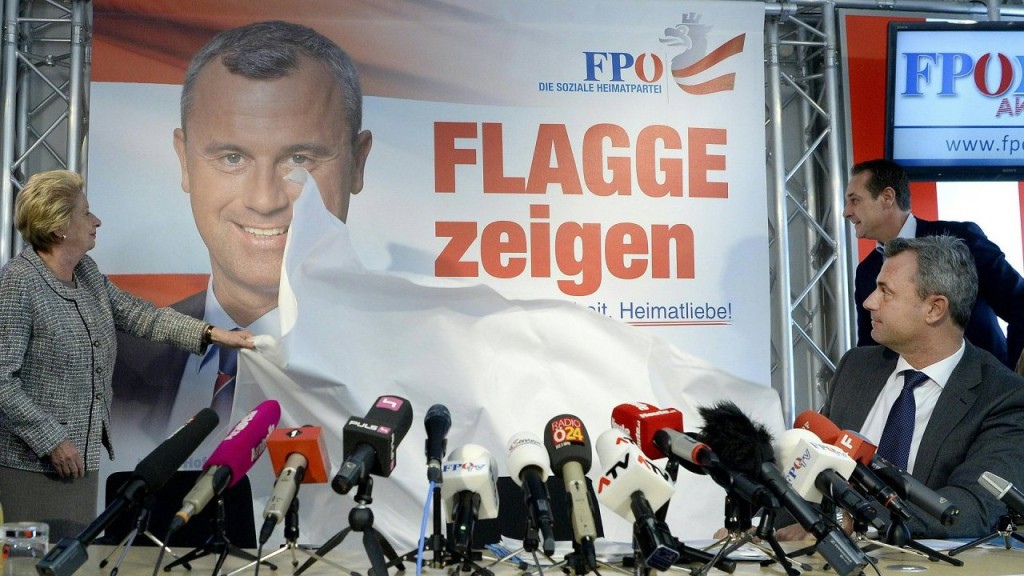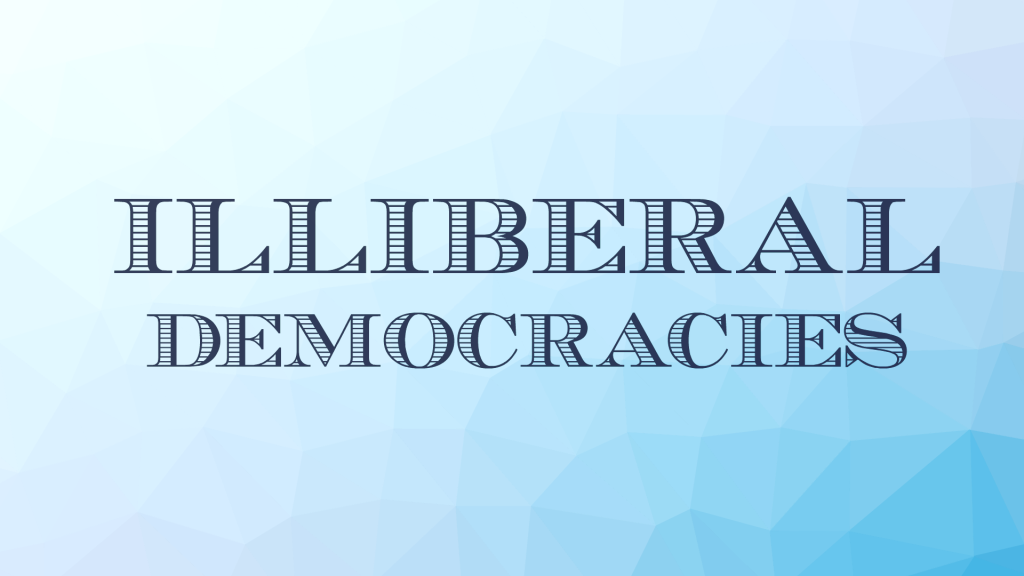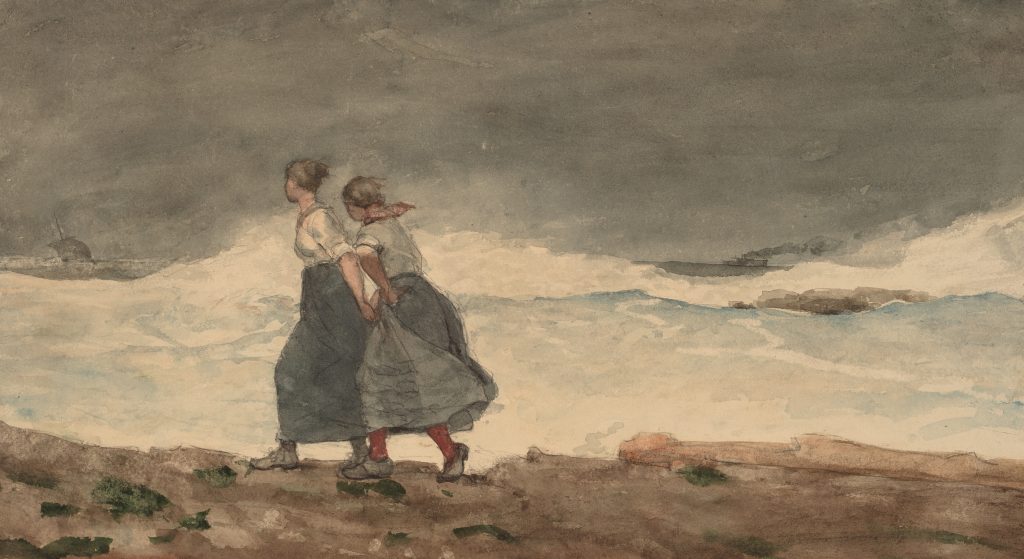
How Financial Markets Discipline Politicians
BY
Free Market Foundation / August 27, 2024
Can financial markets put pressure on a powerful country like France, the world\'s eighth-largest economy? It is better not to test it. The UK has found that out several times. An analysis by Institut Montaigne found that promises made before the election by the leftist New Popular Front would increase France\'s annual budget spending by €95 billion and the state finance deficit by 3.6 percent of GDP.



![Economic Situation in Turkey on Eve of Elections [PODCAST] Economic Situation in Turkey on Eve of Elections [PODCAST]](https://4liberty.eu/phidroav/2023/05/Ep163-header-1024x543.png)
